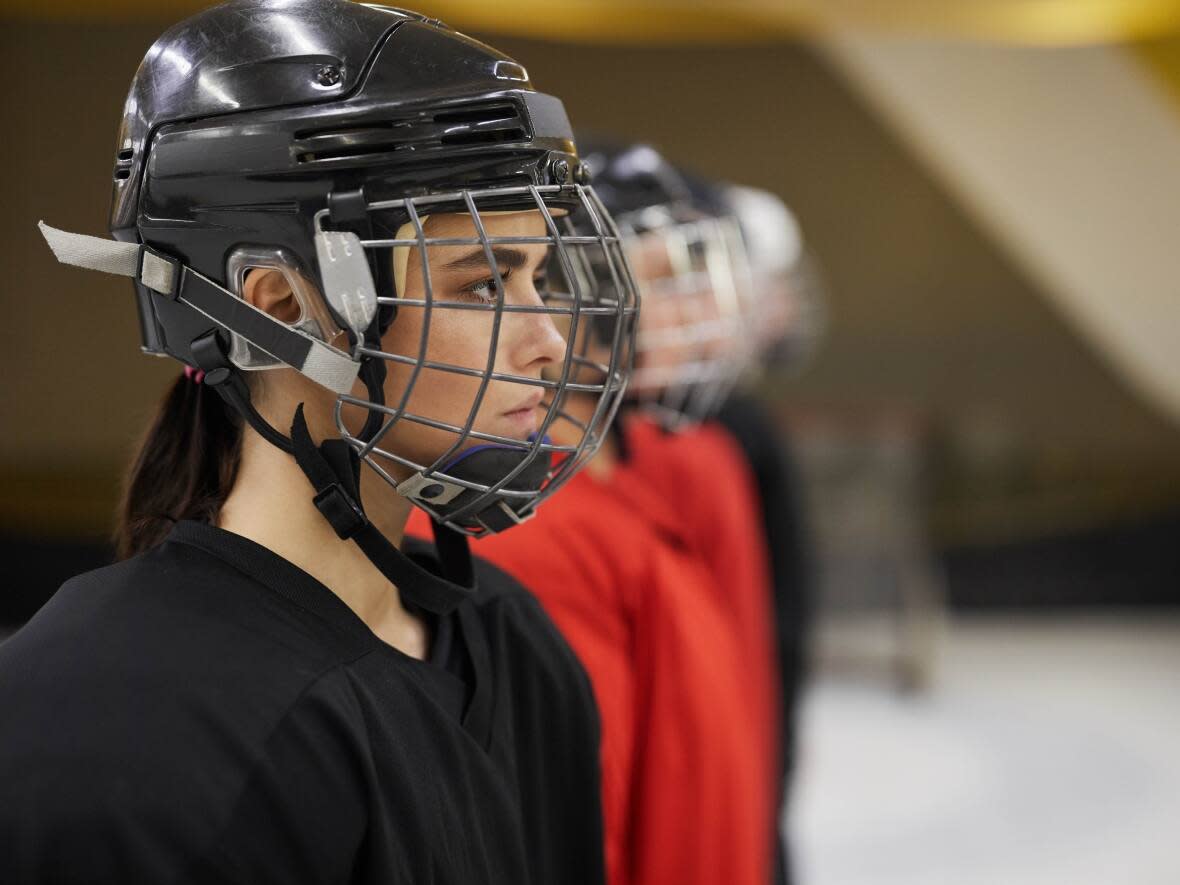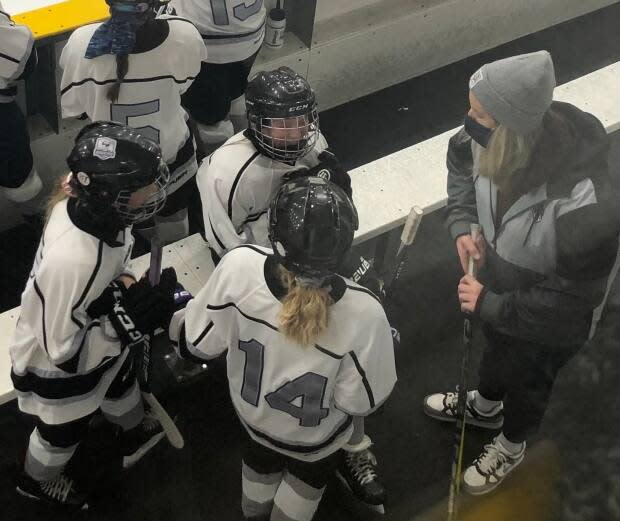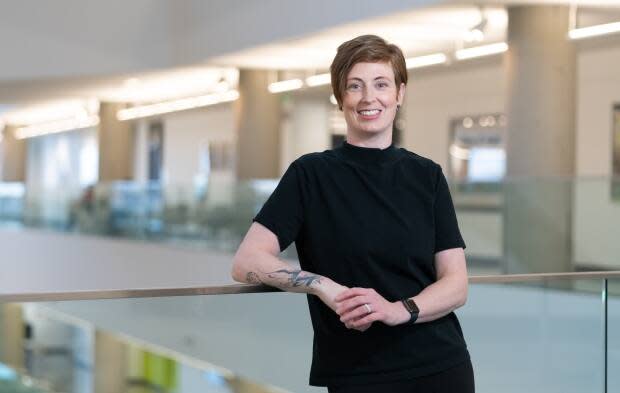Girls' minor hockey in Edmonton to get boost from new alliance

When Jill Chmilar started playing hockey in the 1980s, choices were limited for girls entering the sport.
She started out playing on boys' teams, and when she eventually joined an all-girls team in her teens, their only real competitive option was playing against women's teams.
Years later, after a stint with the University of Alberta Pandas hockey team, Chmilar is a girls' hockey coach in Edmonton and her own teenage daughter now plays on an all-female team.
But even though the number of girls getting involved in hockey has dramatically increased, Chmilar said all-female teams often don't have equal access to skills development and competitive training.
"I don't think the issue now is getting girls to play. The issue is trying to raise the competition level," she said.
"Edmonton is behind Calgary, and even some of the smaller cities. I'm not sure why or how."

Hockey Edmonton is rolling out reforms in hopes of changing that.
The organization recently introduced the Edmonton Female Hockey Alliance, which will put girls' minor hockey under a single association by the 2024-25 season — similar to the system for girls' minor hockey in Calgary.
Tomiko McCall, first vice-president of Hockey Edmonton, told CBC's Edmonton AM this week that the goal is to replace the existing "fragmented" approach of the city's seven different female hockey associations or clubs.
LISTEN | Growing grassroots girls' hockey:
McCall said about 1,400 girls play minor hockey across Edmonton, with roughly 1,200 on all-female teams.
But opportunities to compete can be lacking for girls in smaller associations, with fewer players in certain age groups, she said.
"When you put them into that critical mass and you're able to tier appropriately across the entire city ... we'll be able to deliver that more effectively for them," she said.
"Even our Canadian national team has said on many occasions, there's so few of them at that level that who do they play? You see Team Canada playing the lower-tiered male team as the only competitive option, but how amazing would that be to have another comparable option at those levels?"
Edmonton parents can still choose to put their daughters on co-ed hockey teams, but McCall said the goal is to better promote and streamline development for girls' teams.
"I think if you look at where the game is going, even nationally, and the opportunities that are available to females ... we need to help these girls get to that level. We're just not doing that adequately at this point."
Coaches say female hockey shouldn't be secondary option
U of A Pandas head coach Howie Draper said the change could help get more girls involved in the female game from an earlier age.
"If there's one clear model that most, if not all, of our female hockey players can access, it's a clearer picture as to how they can navigate."
Lindsay McAlpine, associate director of athletics at MacEwan University, has always been in female hockey programs — she started playing the first year all-girls teams were available in Edmonton at the youngest levels.

She led the MacEwan Griffins women's hockey team as head coach for 12 seasons, and she also runs all-female hockey camps in Edmonton.
As young girls get involved in hockey, McAlpine said they and their parents should be able to see female teams as a path to success.
"The thing I often hear around the arenas or through my hockey school is, 'I want my daughter to start out with the boys so she can develop quicker,' or get better competition or learn to skate at a higher level," she said.
"I would completely disagree with that. If we continue with that story it's never going to stop."
For Chmilar, growing up, female hockey teams were viewed as recreational rather than competitive. She said that's still a perception that hurts female hockey player development.
"If parents have a daughter that's skilled, it's hard to convince them to come to the Edmonton Girls Hockey Association," she said.
"Hopefully starting with the [Edmonton Female Hockey Alliance] initiative will be the start to a change. Ultimately, it's a great idea, but there needs to be the competitive skill development available in order to draw competitive-level hockey players."


